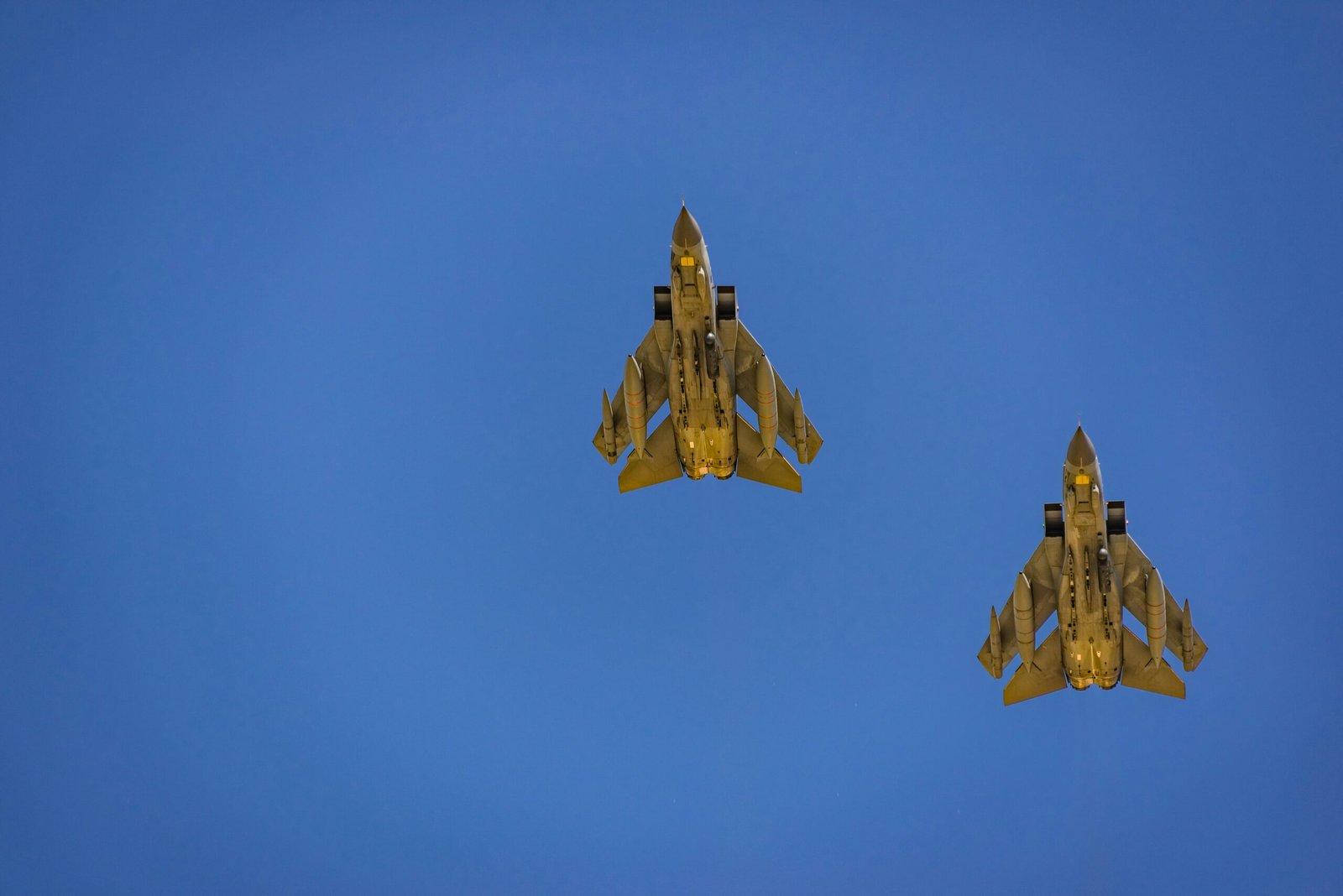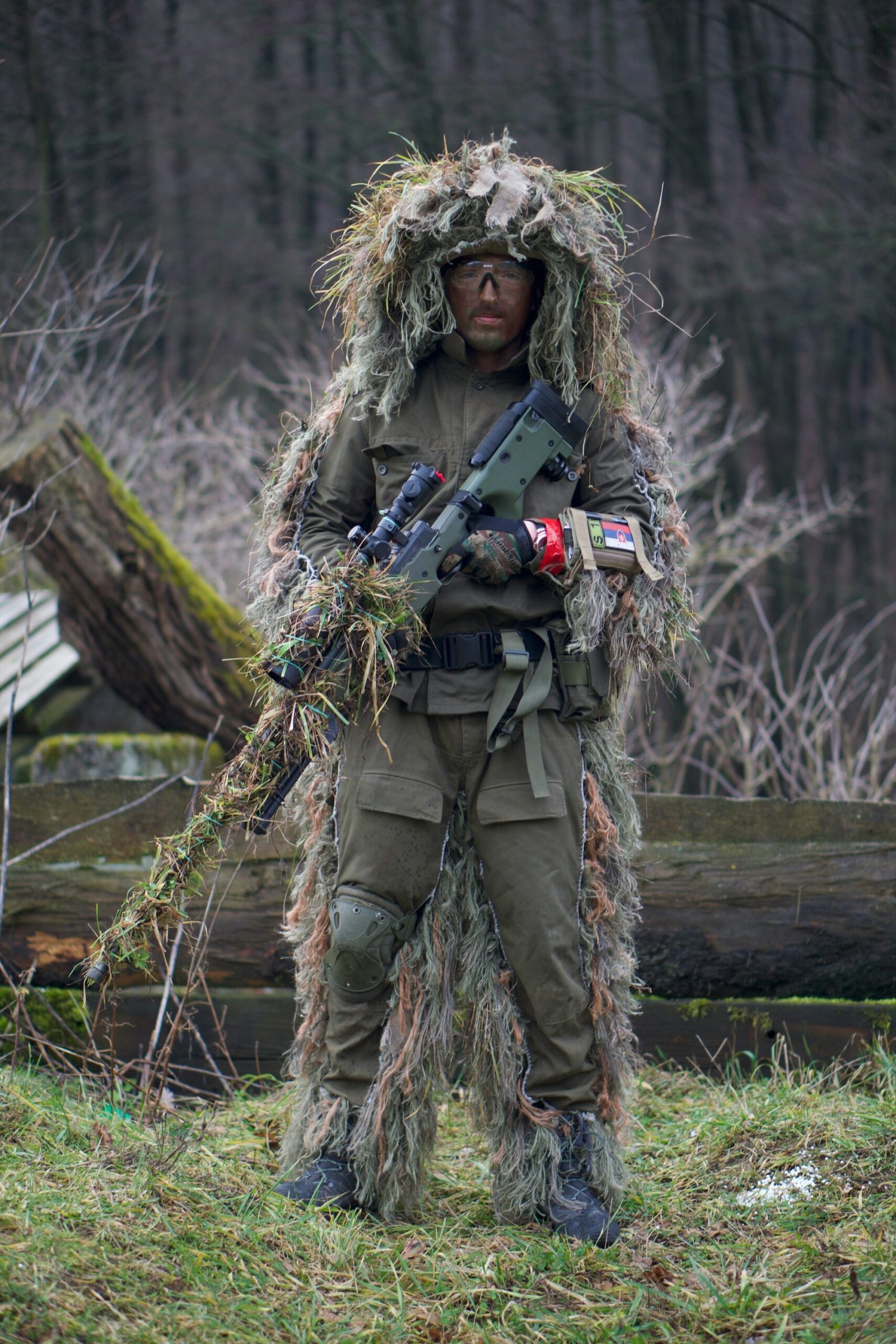Initial Reactions and Immediate Actions
The news of Ismail Haniya’s death has triggered a wave of reactions from all corners of the world. Various political and social leaders have expressed their condolences, while investigative authorities have promptly commenced their inquiries into the circumstances surrounding his passing.
Key Findings and Theories
As the investigations proceed, several key findings have emerged. Authorities are focusing on different aspects, including health records, potential foul play, and witness testimonies. No definitive cause has been determined yet, but various theories are being explored extensively. Some speculate natural causes, given Haniya’s health history, while others suggest more sinister possibilities. Investigative teams remain committed to uncovering the truth.
Reactions from the Public and Media
Public opinion has been diverse and vibrant. Some members of the public have staged vigils and memorials to honor Haniya, while others have called for urgent transparency in the ongoing investigations. Media outlets are playing a crucial role by keeping the public informed about the latest developments, often interviewing experts and officials involved in the investigation.
Next Steps in the Investigation
The investigation into Ismail Haniya’s death is still in its early stages. Authorities are gathering more evidence and collaborating with international agencies to ensure a thorough and impartial examination. Updates are expected in the coming weeks, as the investigation team works diligently to provide clear answers.


